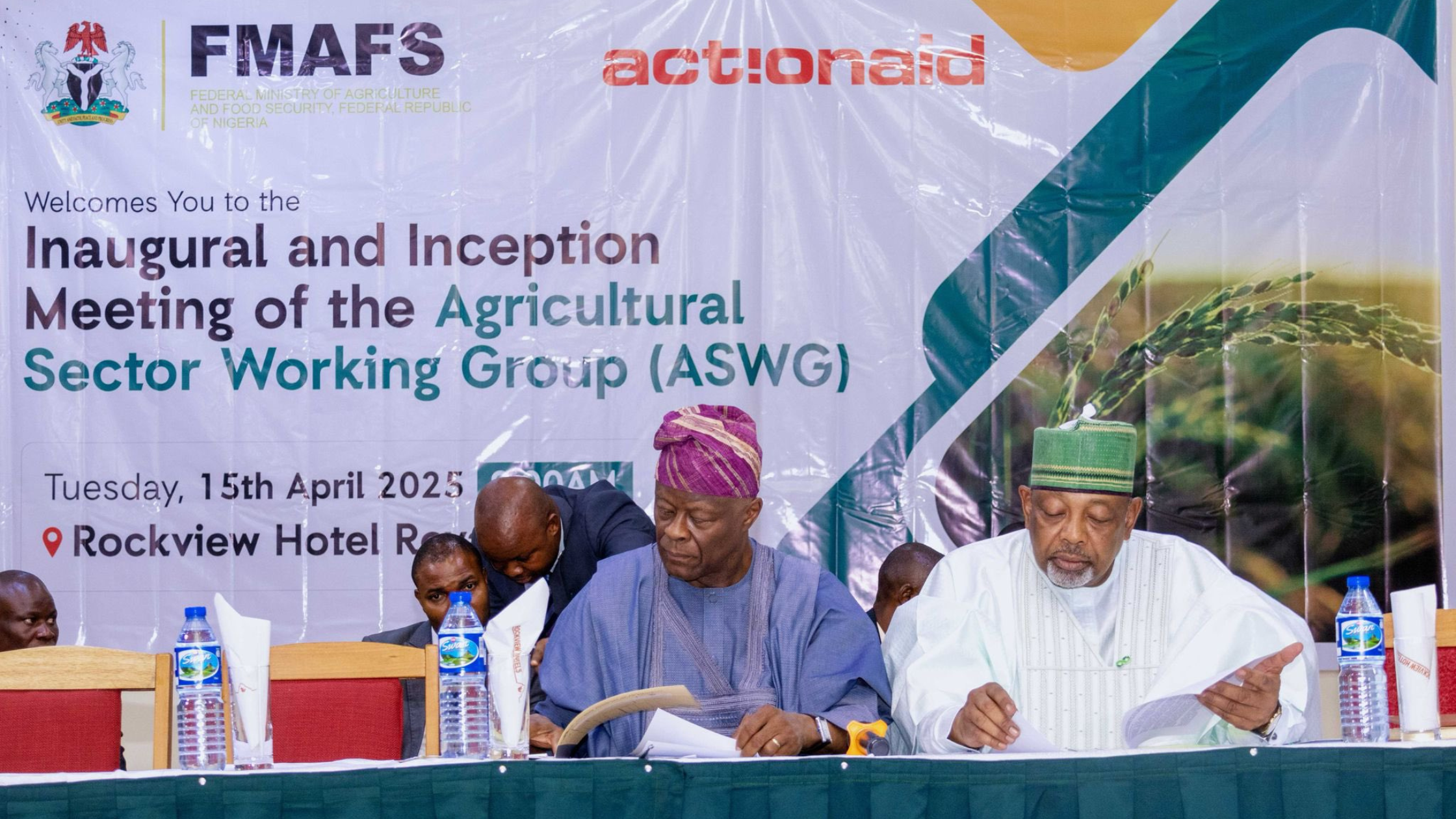On Tuesday, Finance Minister Wale Edun made a bold declaration about agriculture, calling for a flexible and resilient strategy to ensure food security in Nigeria. Speaking at the inaugural meeting of the Agricultural Sector Working Group (ASWG), he emphasized alignment with the post-Malabo agenda, boosting productivity, expanding access to finance, and unlocking value-added exports. According to the Federal Ministry of Finance on X (Twitter), “The ASWG is expected to drive coordination across sectors and ensure measurable progress towards national and continental food security goals.” (Source)
It sounded promising—until the familiar feeling crept in: we’ve heard this before. Why does it always feel like these announcements are more performance than progress? Why does real transformation in agriculture seem so far away?
Nigeria has never lacked strategic plans, committees, or grand declarations. From Operation Feed the Nation to the Green Alternative, every administration has launched an agricultural blueprint. But few have resulted in measurable change. The pattern is predictable: a new working group, a policy rollout, media coverage—and then silence. Implementation stalls, metrics vanish, and the cycle starts again.
Poor infrastructure is one of the core issues. Even with higher yields, bad roads, lack of storage, and power shortages make it hard to move and preserve food. Without solving logistics, productivity gains are wasted.
Smallholder farmers, who make up the majority, are often excluded from financing due to lack of collateral, high interest rates, and complex processes.
Security challenges like banditry, terrorism, and farmer-herder conflicts have turned farmlands into war zones. No policy will work if farmers can’t safely access their land.
There is also a constant cycle of policy inconsistency. Each new government wants to wipe the slate clean, abandoning previous efforts instead of building on them. This erodes momentum and confuses stakeholders.
Many policies are designed by people far removed from the day-to-day struggles of real farmers. This results in solutions that look good on paper but fail in the field.
Perhaps the most dangerous obstacle is the unwritten rule of loyalty-over-merit. When government appointments, contracts, and key decisions are driven by political allegiance instead of expertise, the system breaks. Loyalty becomes the currency for advancement, and incompetence gets protected under the guise of obedience.
In this climate, contracts are awarded to connected individuals who inflate costs or never deliver. Honest civil servants are silenced or sidelined. Leaders surround themselves with yes-men rather than visionaries. The result? A system that rewards performance art over actual performance.
Because it often is. The speeches, summits, and roadmaps follow a script that rarely leads to real change. For many Nigerians, especially those in agriculture, these moments are reminders of broken promises. The repetition breeds cynicism.
While government inefficiencies are glaring, it is also important to acknowledge that some farmers face their own challenges in adapting to the expectations of modern agriculture. Many lack training in basic financial management, record keeping, or productivity tracking. This makes it difficult to justify or manage loans effectively.
Loan defaults are often due to more than just bad faith; factors like poor planning, crop failure, lack of market access, and misinformation contribute. However, there are also cases where funds intended for agricultural use are diverted for personal spending due to weak monitoring and oversight. This cycle deepens mistrust between financial institutions and rural farmers.
This is why future efforts should focus not only on providing loans, but also on offering farmer education, mentorship, and close follow-up to ensure funds are used productively. Additionally, more attention should be given to granting exceptional platforms and individuals with innovative, proven solutions the support they need. When implementation is strong and impact is visible, such grants can scale solutions faster than traditional bureaucratic approaches.
Change won’t come through another round of declarations. It may require a generational shift—a breaking point where the system’s dysfunction is too deep to ignore. But there’s also hope in technology, grassroots innovation, and a growing community of changemakers who aren’t waiting for permission.
These builders are creating tools, platforms, and systems outside traditional power structures. They’re driven by a hunger for something real. And slowly, they’re becoming impossible to ignore.
Nigeria has everything it needs to become an agricultural giant: fertile land, young minds, and resilient people. What it lacks is a system that values truth over theatrics. Until then, we remain caught between potential and performance.
But the hunger for a better world is real—and that might just be where the true transformation begins.








Leave a Reply